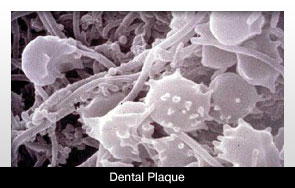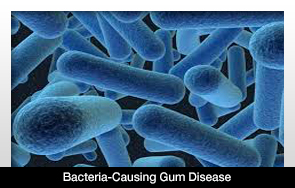 |
The most naturally variable protein known to date has been discovered by two chemists.
The chemists made the discovery in a bacterium that is associated with dental plaque. The findings were unveiled in this week’s online issue of Proceedings of the National Academy of Sciences.
The protein, Treponema denticola, has the ability to adhere to hundreds of different types of bacteria that appear in people’s mouths. This protein is one million to one billion times more variable than proteins that are involved with vertebrate immune systems, which is the only other natural system known for high protein variation.
The bacterium in dental plaque is different for each person. This new protein is one of the final steps when the plaque forms because the plaque grows sequentially. That’s how the discovery was made.
The fact that TvpA is beneficial to the dental plaque is evident because TvpA can then adhere to the specific bacteria in a particular biofilm.
Partho Ghosh, a professor of chemistry and biochemistry at UC San Diego, and Johanne Le Coq, a postdoctoral fellow working at the Spanish National Cancer in Madrid, made this finding by using an x-ray microscope at the Advanced Photon Source at the Argonne National Laboratory near Chicago.

|











